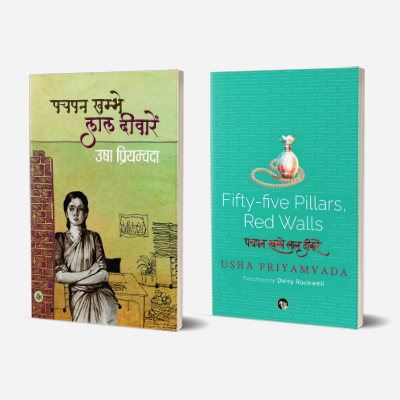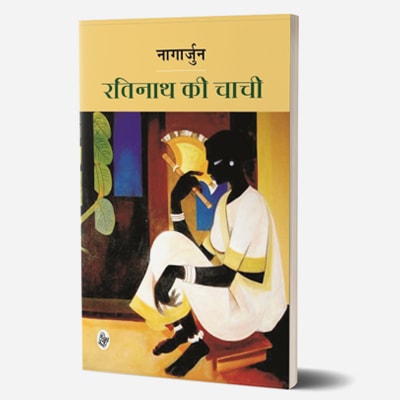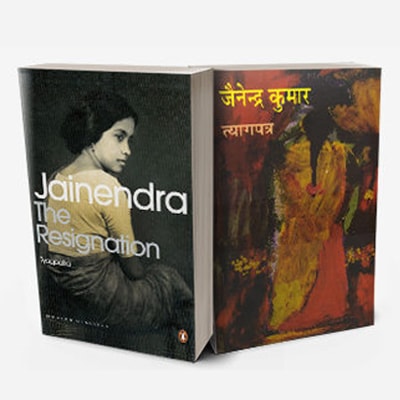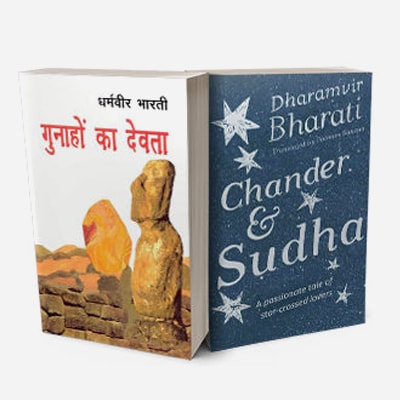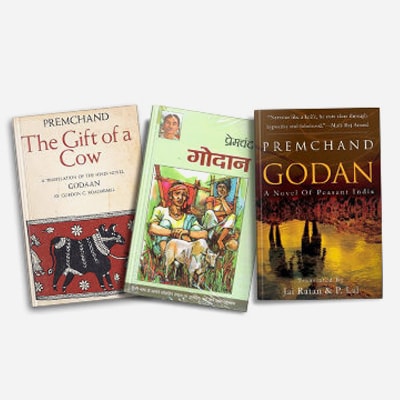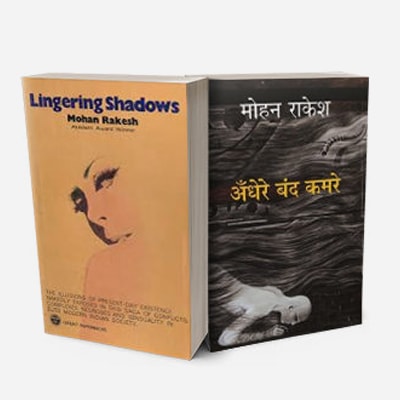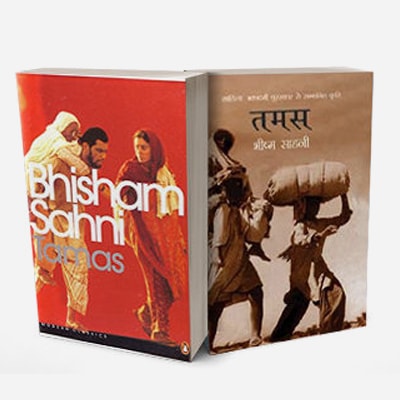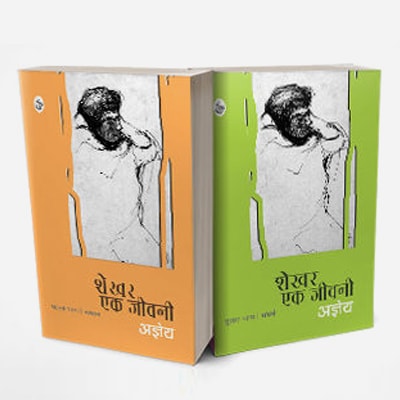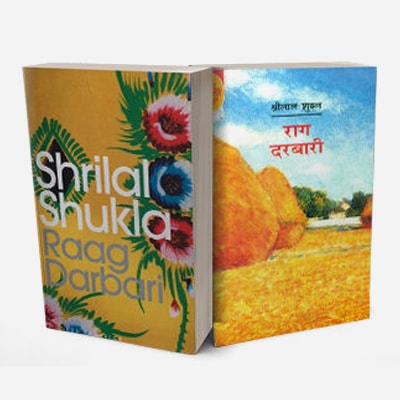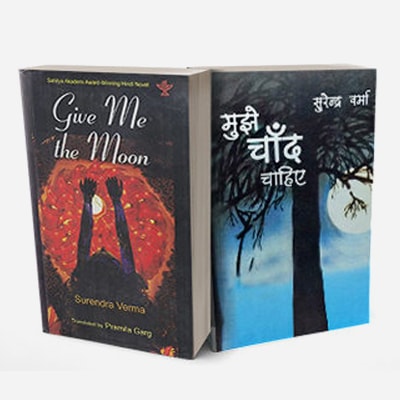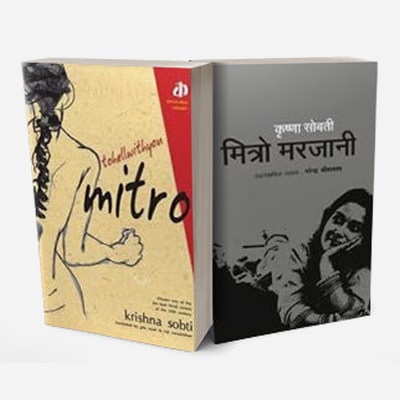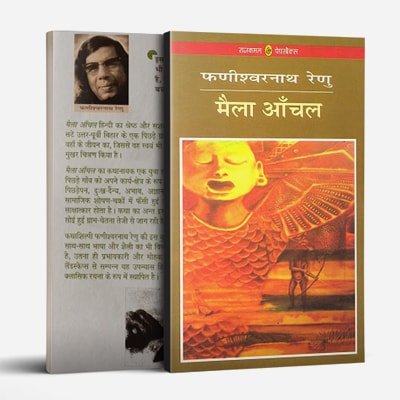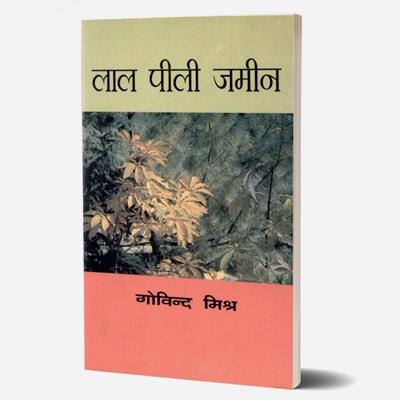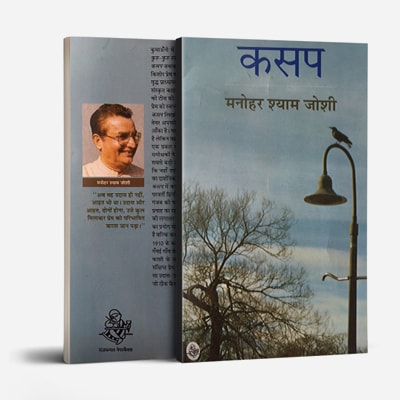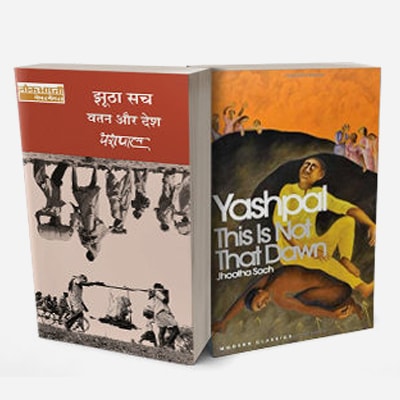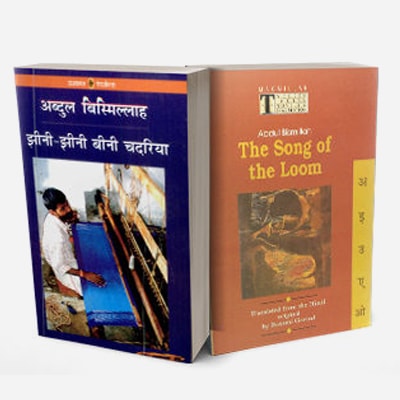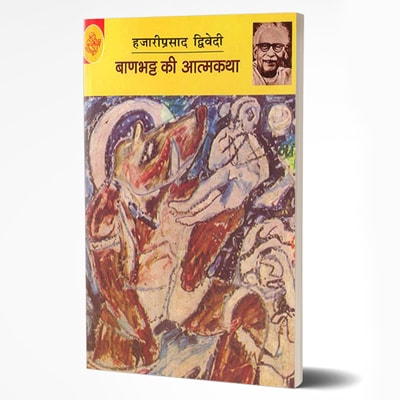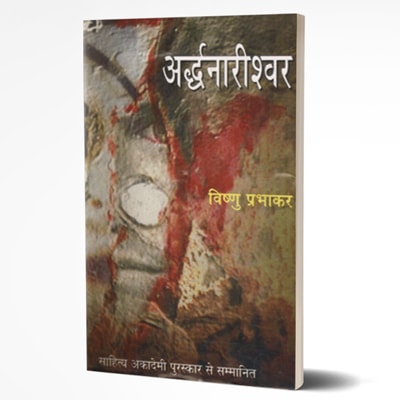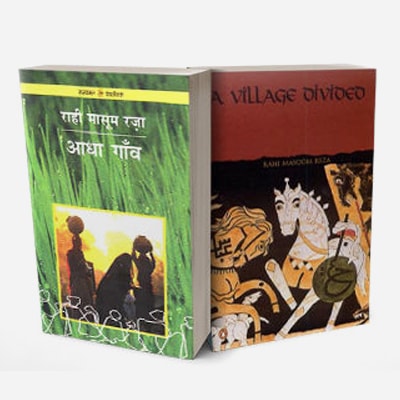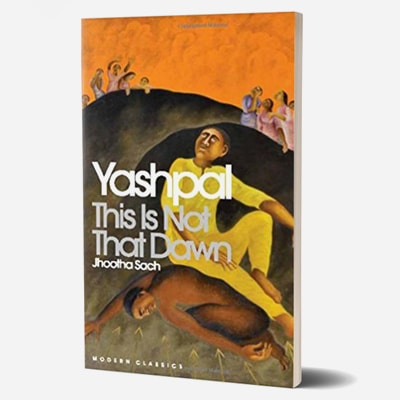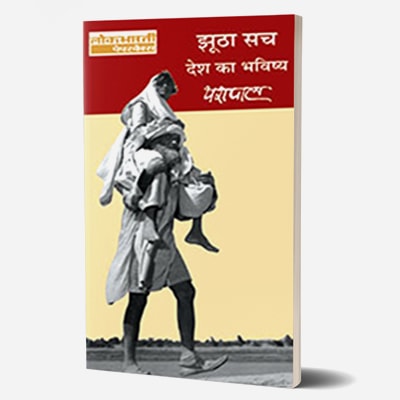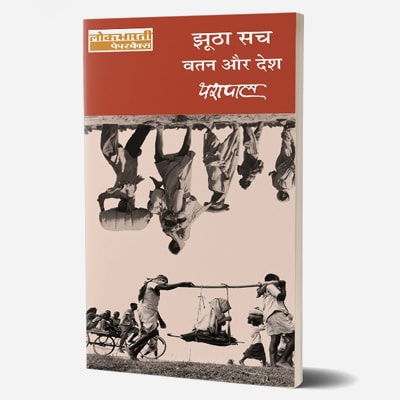Lal Pili Zameen
By Govind Mishra
Lal Peeli Zameen is a work of contemporary fiction based on violence in villages and small towns. The story is around the unforeseen stoppage in a probability-filled life. In the words of senior story writer Vishnu Prabhakar, “This novel is the story of an environment. The environment is its hero and it can be called an authentic document of today’s Indian life.”
Govind Mishra is an Indian novelist, who has written more than 53 books. He was also a civil servant with Indian Revenue Service. Over the years, he has written 11 novels, 14 short story collections, five travelogues, five literary essays collection, a poem collection and 2 story books for children.
He has been awarded the most prestigious Hindi awards namely Vyas Samman (1998) and Sahitya Akademi Award (2008). He received Saraswati Samman for the year 2013 for his book Dhool Paudho Par published in 2008. This honour made him the second Hindi author to receive the honour after Harivansh Rai Bachchan in 1991.
Kasap
By Manohar Shyam Joshi
Kasap, described as one of the greatest love stories in Hindi, the Kumauni word actually means ‘do not know’!
The philosophical structure of the novel hinges on a middle-class relationship and in the breath-taking background of Kumauni life. This novel speaks of a short-lived romance between a free-spirited girl, a young boy, and the rich scholars of Kashi.
A soul-quenching experience for the Kumaunis and Garhwalis staying away from home., the novel is full of dialect used in Hills of Uttarakhand, India. It’s a wonderful journey into Manohar Shyam Joshi’s literary world set in the Kumaon Hills.
Manohar Shyam Joshi was a Hindi writer, journalist and scriptwriter, most well known as the writer of Indian television’s first soap opera, Hum Log (1982) and his early hits Buniyaad (1987) Kakaji Kahin, a political satire and Kyap, a novel which won him the Sahitya Academy Award.
Jhootha Sach
By Vatan aur Desh and Desh Ka Bhavishya by Yashpal
Translated to This Is Not That Dawn by Anand
Yashpal’s Jhootha Sach, a sprawling and searing classic of Hindi literature described as a major political novel in which Partition looms large, is one of the most significant novels written on modern India.
Its first half Vatan aur Desh is set in Lahore, with a mix of characters, including the central and ultimately weak hero Puri, carries a heady mix of ideological ferment and social change in the decades preceding Independence. The second half Desh Ka Bhavishya, is set in Jalandhar, Delhi and Lucknow, depicts a dual movement. On the one hand, the uprooted characters are struggling to create themselves in a new desh, whereas the settled continuities of vatan are no longer possible.
The canvas of the story is extremely vast and panoramic. The author, with his grip on current events of the day and social analysis, manages to recreate the world he lived in perfectly. The characters may be fictional but the picture of the society, replete with its challenges, issues, and politics is credible and well-balanced.
The two-volume Jhootha Sach, revolves around two key moments that directly shape Partition, closely connects history and fictional narrative
Yashpal was said to be the most gifted since Premchand. A political commentator and a socialist who had a particular concern for the welfare of the poor and disadvantaged, he wrote in a range of genres, including essays, novels and short stories, as well as a play, two travel books and an autobiography. He won the Hindi language Sahitya Academy Award for his novel, Meri Teri Uski Baat in 1976 and was also a recipient of the Padma Bhushan.
His writings form an extension to his earlier life as a revolutionary in the cause of the Indian independence movement.
